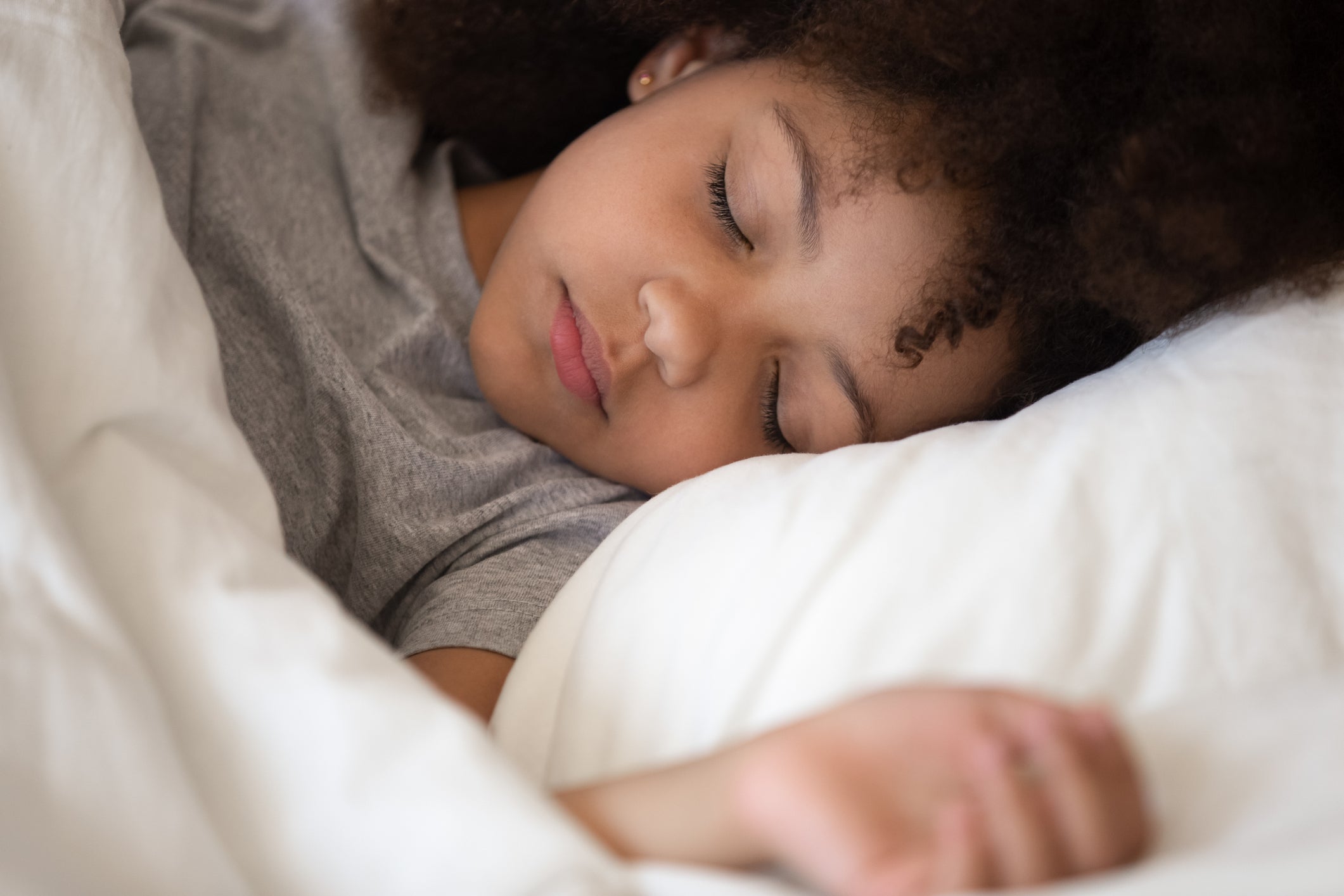Why it’s Important for Your Children to Get Enough Sleep

When it comes to kids and sleep, there are so many different schools of thought that it can be confusing. Some parents run a tight ship, with stringent sleep-training, bedtimes strictly scheduled, naps mandated, and nighttime rituals protected as though they’re sacred. Others have a more relaxed attitude, letting kids decide when they’re tired and get to bed whenever they feel like it. More and more, though, research is favoring the sleep-mandators, and doctors are urging parents to make sure their kids are getting enough sleep. Why is good sleep suddenly an urgent public-health mission?
- Growing kids need sleep. Growth hormone is principally secreted during deep sleep, which is why babies spend to much time sleeping. When children don’t get enough sleep, they don’t grow the way they should.
- Sleep is important to a child’s health. Sleep can help protect children from vascular damage. Additionally, excessive brain arousal during the night elevates blood glucose and cortisol, which are both risk factors in diabetes and heart disease. Kids who don’t get enough sleep are also at risk of becoming overweight, and too little sleep results in lowered resistance to infection, illness, and stress.
- Kids who don’t sleep enough are at a higher risk of injury. When children don’t get enough sleep, they’re clumsier and more impulsive. In fact, in one study of Chinese children, 91 percent of kids with two or more injuries in a year got fewer than nine hours of sleep each night.
- Good sleep enhances a child’s ability to learn. The impulsivity and distractibility seen in kids with ADHD are also seen in children who get too little sleep. Studies of school-aged kids have shown that adding as few as 27 minutes of sleep per night can make it easier for them to manage moods and impulses and focus on schoolwork. From infancy, kids process information while sleeping, and napping can boost recall in older kids.
So how much sleep does your child need? For children under a year old, the recommendation is 12 to 16 hours. For ages 1-2, it’s 11 to 14, and between 3 and 5, it’s 10-13 hours. Elementary kids need 9-12 hours of sleep each night, and teenagers require 8-10. To facilitate this, help your children establish good sleep habits, with a consistent bedtime ritual, a comfortable sleeping environment, and no screens for two hours before bedtime. If your child seems to be anxious about sleeping, snores loudly, wakes frequently during the night, wets the bed after age 7, or is excessively sleepy during the day, talk to your pediatrician.
At the Center for Vasectomy Reversal, we love helping people build their families. Under the direction of Dr. Joshua Green, our team provides state-of-the-art treatment for men who need a reversal of their vasectomy or have other fertility concerns. To learn more, contact us through our website, or call 941-894-6428 for a free consultation.
Recent Posts
Popular Posts
categories
- Uncategorized
- Sperm Retrieval
- vasectomy reversal
- Emergency
- Dr. Green
- sperm count
- fertility
- male infertility
- MESA
- medical care
- low sperm count
- IVF
- male fertility testing
- anesthesia
- pregnancy
- sperm aspiration
- semen analysis
- post-vasectomy pain syndrome
- infertility
- VE
- anti-sperm antibodies
- older dad
- general anesthesia
- gender reveal party
- post-operative infections
- baby name
- parent
- baby's first year
- fertilization process
- spinal anesthesia
- ACS Fellow
- nutrition tips
- concierge-level care
- fertility planning app
- azoospermia
- out-of-town patients
- V-V
- post-vasectomy reversal
- conceiving
- vasectomy
- vasoepididymostomy
- smoking
- sperm quality
- baby registry
- infographic
- surgical care
- surgical consultation process
- prostate cancer
- baby gender
- family time
- COVID
- Baby Shower
- Child Care
- Halloween Costume Ideas for Babies
- Halloween
- Halloween Safety Tips
- Celebrity Infertility Spotlight
- Postpartum
- testosterone
- Father's Day
- Father
- Men's Health
- Thanksgiving
- Pregnancy Announcement
- Parenting Tips
- Sperm
